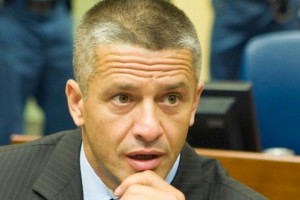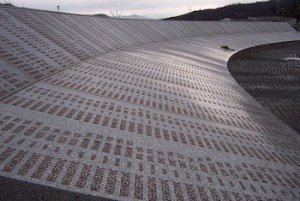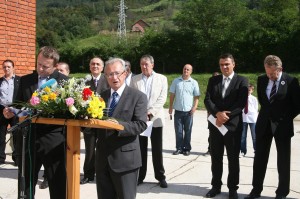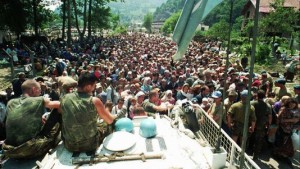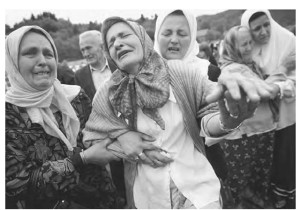Swiss authorities followed improper procedure in their arrest of former Bosnian Muslim military commander Naser Oric in Geneva on Wednesday, said Bosnia’s Prime Minister Denis Zvizdic on Friday in Sarajevo.
Oric’s arrest is based on an international warrant issued by Serbia which alleges his participation in war crimes in the 1990’s. However the Bosnian authorities were surprised by the accusations, having received no information from Serbia. Moreover, Oric’s name had been deleted from the Interpol wanted list long ago.
In 2006, Oric was sentenced by the International Criminal Tribunal for the former Yugoslavia to two years in prison for not doing enough to prevent crimes committed against Serbs during the Balkan conflict. He was acquitted of all charges two years later.
The Bosnian Prime Minister urged Serbia on Friday to observe the provisions of a bilateral agreement dating from 2013, which calls for the process to be conducted in the suspect’s homeland – in this case Bosnia.

